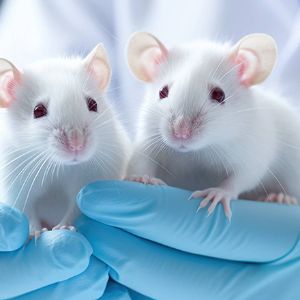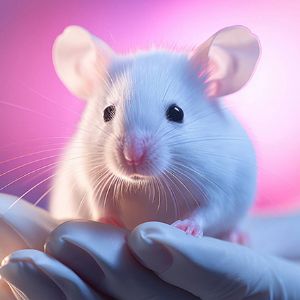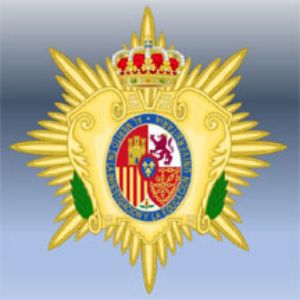Research is about systematically carrying out creative work to increase the volume of knowledge, including knowledge relating to human beings, culture and society. This translates into using knowledge to create new applications, its transfer and dissemination.
It is essential to establish a well-defined research career with effective selection, assessment and promotion mechanisms in which mobility is included and facilitated as an enriching element of the Spanish Science, Technology and Innovation System (SECTI). The availability of a defined, structured scientific career stimulates and retains scientific talent in our country. The route designed must respect and guarantee the principles of job security and equal opportunities between women and men.

















